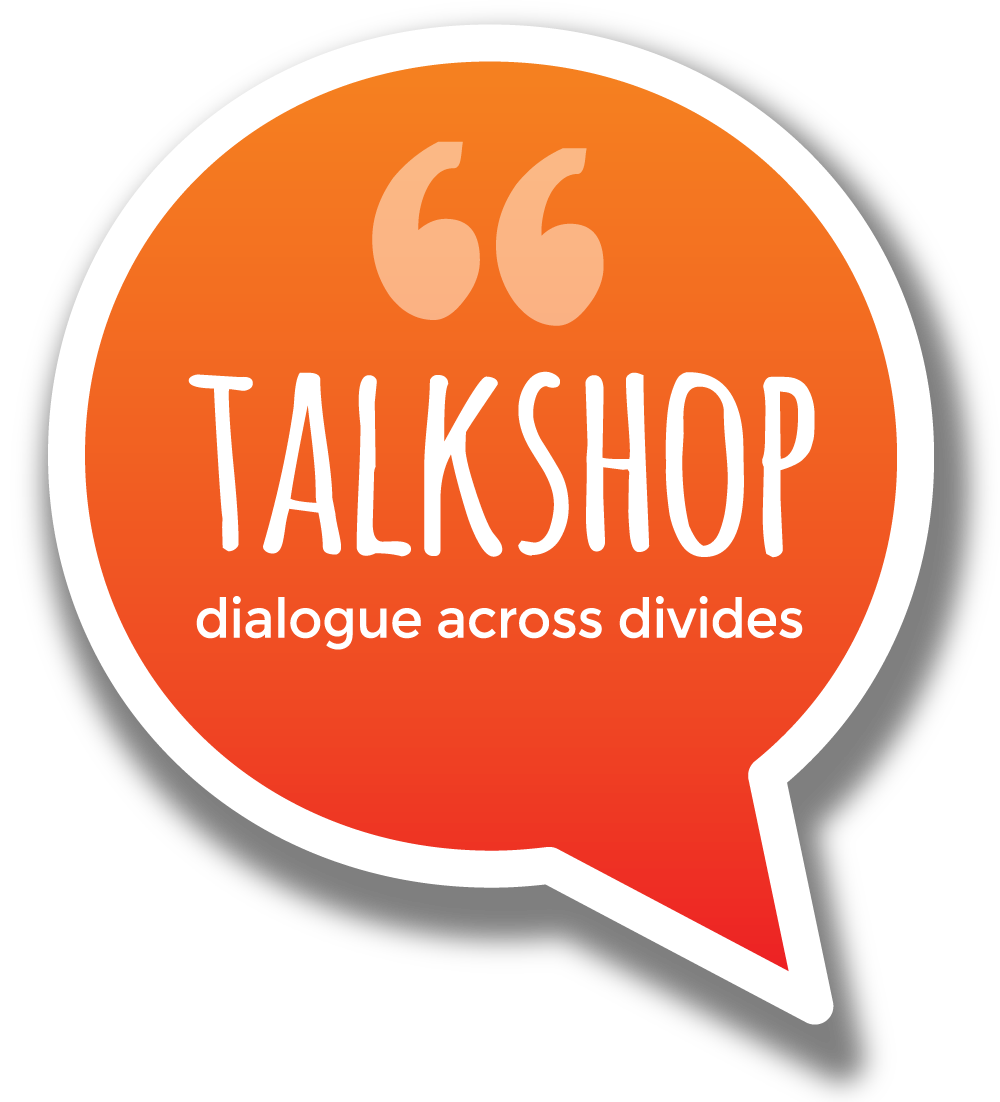The Win-Win Workout puts to sea, getting to grips with the BBC
Perry Walker writes:
After 18 months in development, our launch event, which took place online last week, was on the future role and funding of the BBC. Participants represented a character such as Emily Maitlis or Paul Dacre. They sought to find ways forward that work for all the characters. This emphasis on common ground and on shared solutions fulfils the aim of the Workout, which is to counter the emphasis in public life on difference and polarisation.
We’d previously run four trials on this topic: two online; two face to face. All the quotations below were principles or solutions that were acceptable to everyone in that particular group. Given the range of views of the characters that people represented, to find so much common ground was remarkable.
There seemed to be a core dilemma that people wrestled with. On the one hand, there was the value of the BBC as a whole:
BBC continuing as a public service, providing a full range of services.
Can’t just be news: need everything. Everyone should be able to appreciate the arts. International coverage gives soft power.
On the other, people thought differently about different bits of the BBC. In terms of what core values were, for instance:
Journalism – impartiality and cultural – diversity.
One group extended this split to how the BBC should be funded:
Licence fee for information/education stream; subscription for entertainment.
Other groups made a similar point, but concentrated on the information side:
The funding for the BBC’s information stream should be as far as possible independent of government.
Independent funding for journalism – no strings attached, politics or profit-led funding.
Several groups expanded on the reference to diversity above:
The staff should be representative of the audience
BBC should represent views based on population demographics.
Two groups applied this idea to governance:
Governance should be more representative of the people
Governance of the BBC to be reviewed to implement more effective representation of its audience, with proactive strategies to achieve this
Most groups valued independence and accessibility. For example:
BBC as a national broadcaster should be independent. This should be assured through stronger governance and being democratic.
Digital exclusion: we need content available on broadcast
Ensure universality of access across the country
Two groups agreed with Jean Seaton, one of the characters, about the value of the BBC in combatting disinformation. One said:
Fighting disinformation should be added to the BBC’s purpose
Finally, impartiality was much valued, e.g.
BBC should be famous for impartiality and fact checking
But what does it mean? Only one group really tackled this and the other values that go with it:
need ‘agreed facts’, otherwise Britain’s reputation suffers
BBC restricted in what it can talk about, e.g. not much on population, vaccination, anti-royals; raising questions and asking people to think more important than balance
ignoring a theory is bad for the common good – what matters is to understand why people hold such views; example of Flat Earth Society – consensus key
The people who came were from what is un-inspiringly known as the ‘general public’. They had an interest in current affairs – they wouldn’t have turned up otherwise – but none appeared to have specialist knowledge of broadcasting. Their understanding of the BBC was what they gleaned in a couple of hours or a bit more. In that time, with that knowledge, they produced the conclusions above.
I was impressed!
